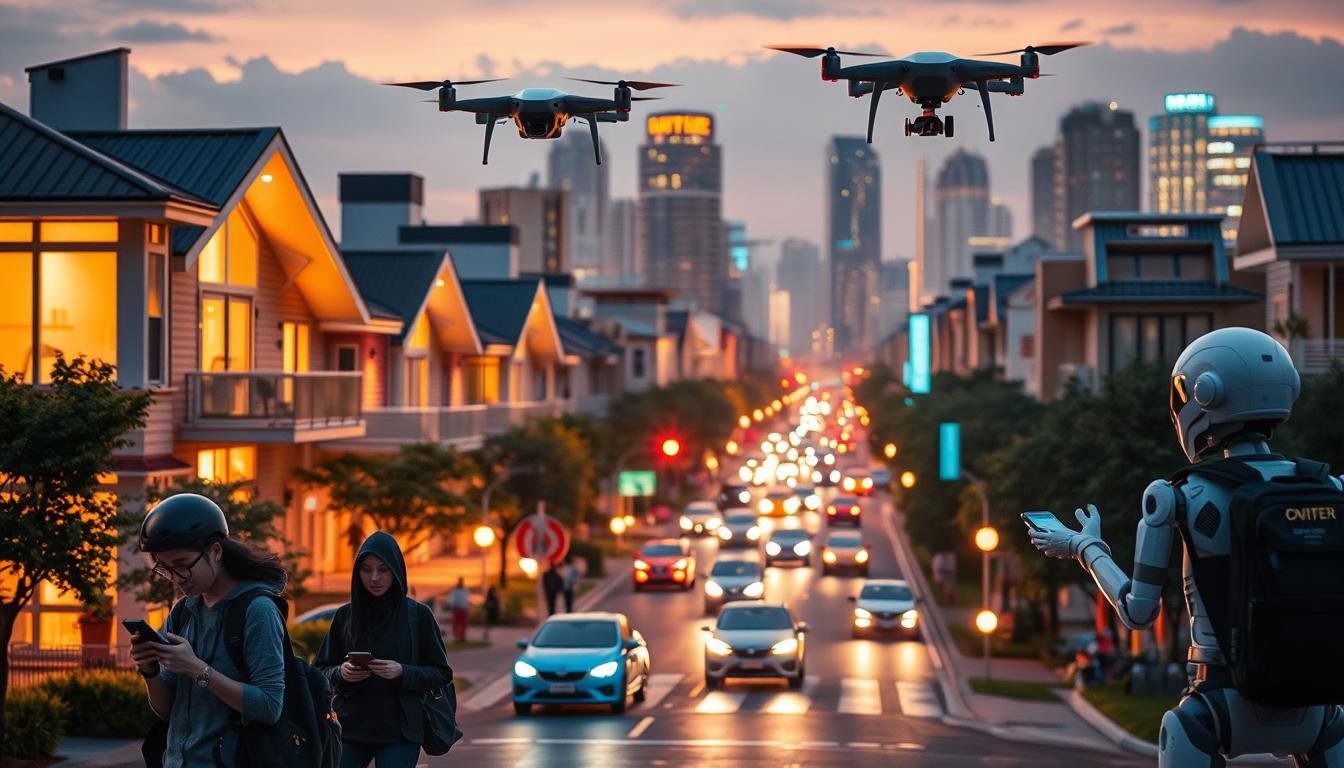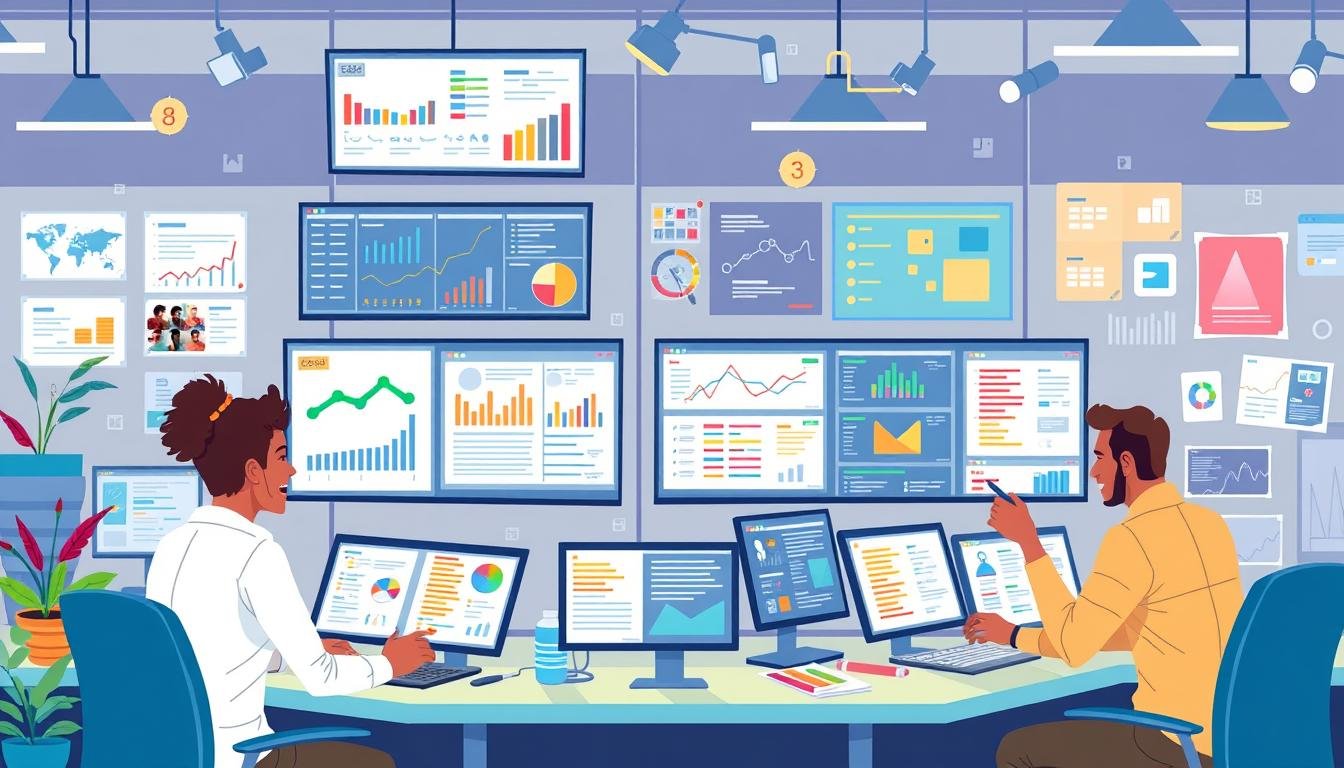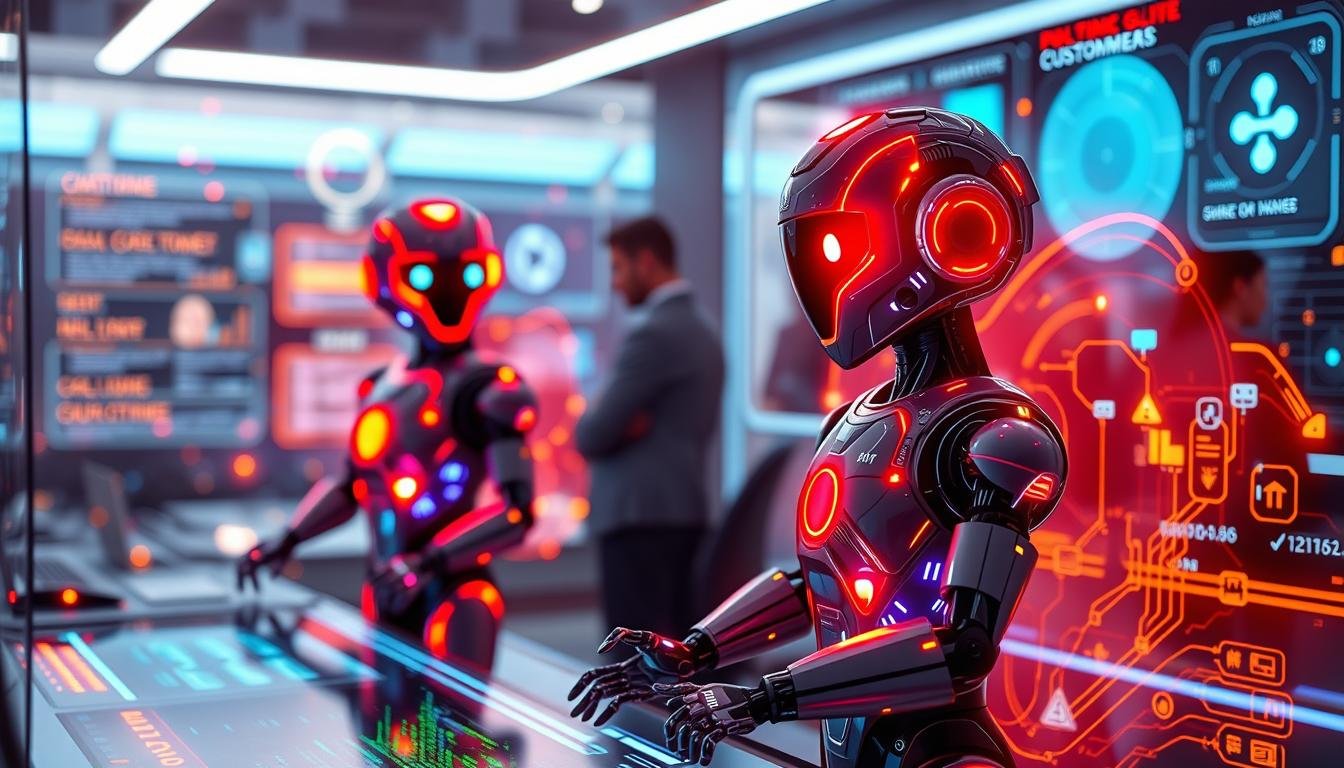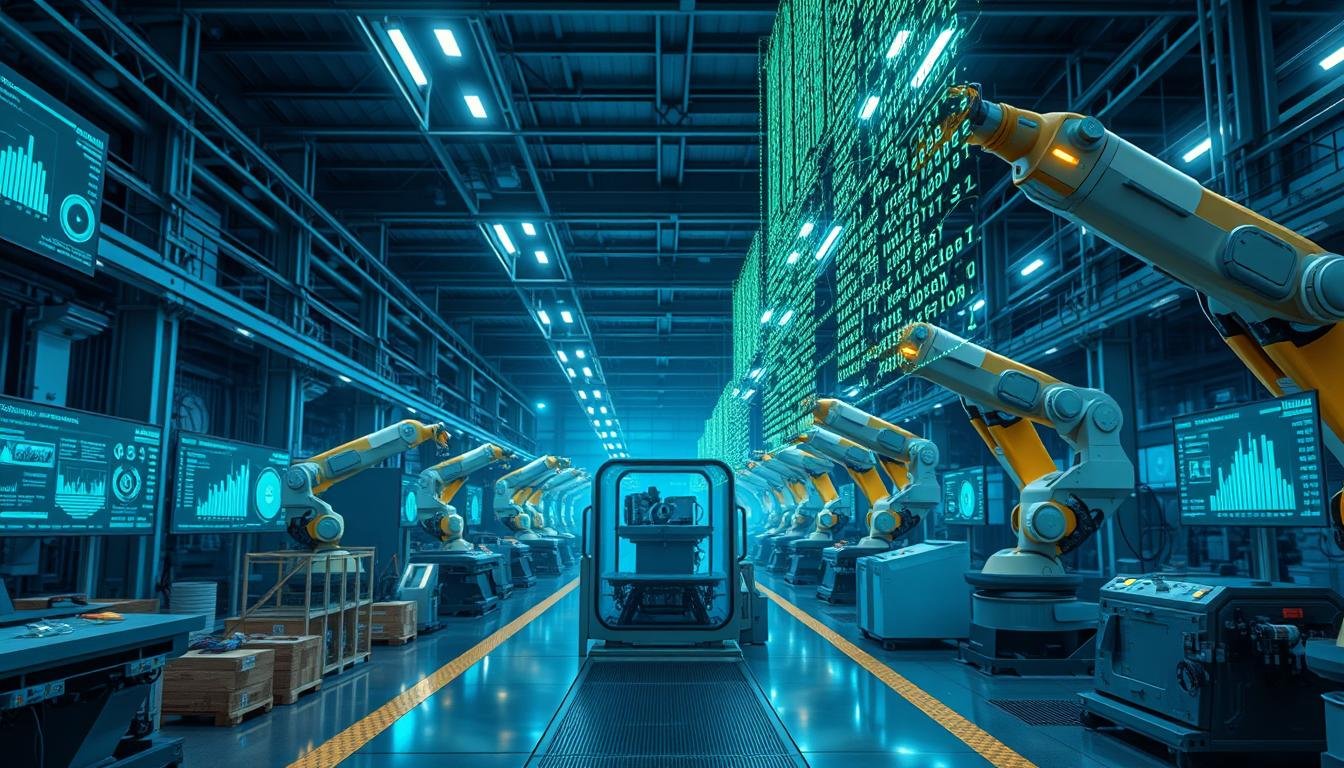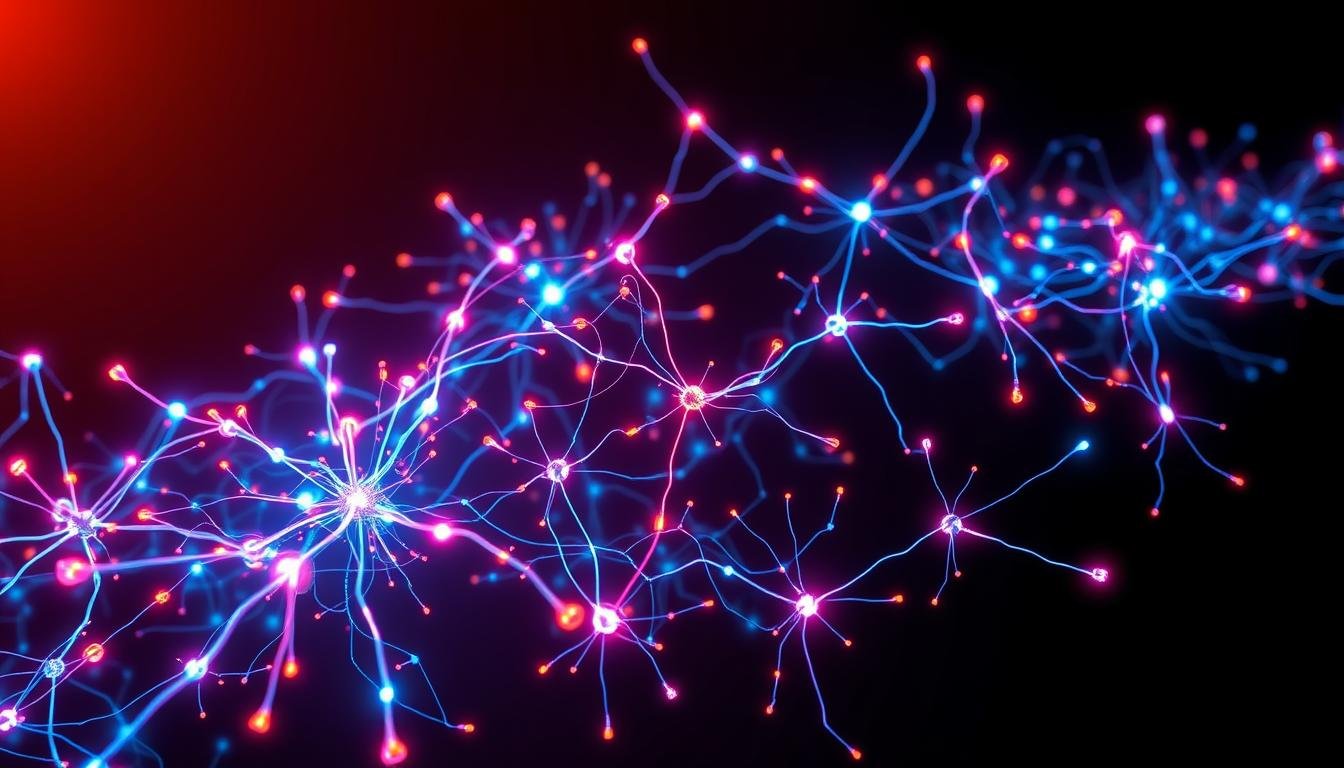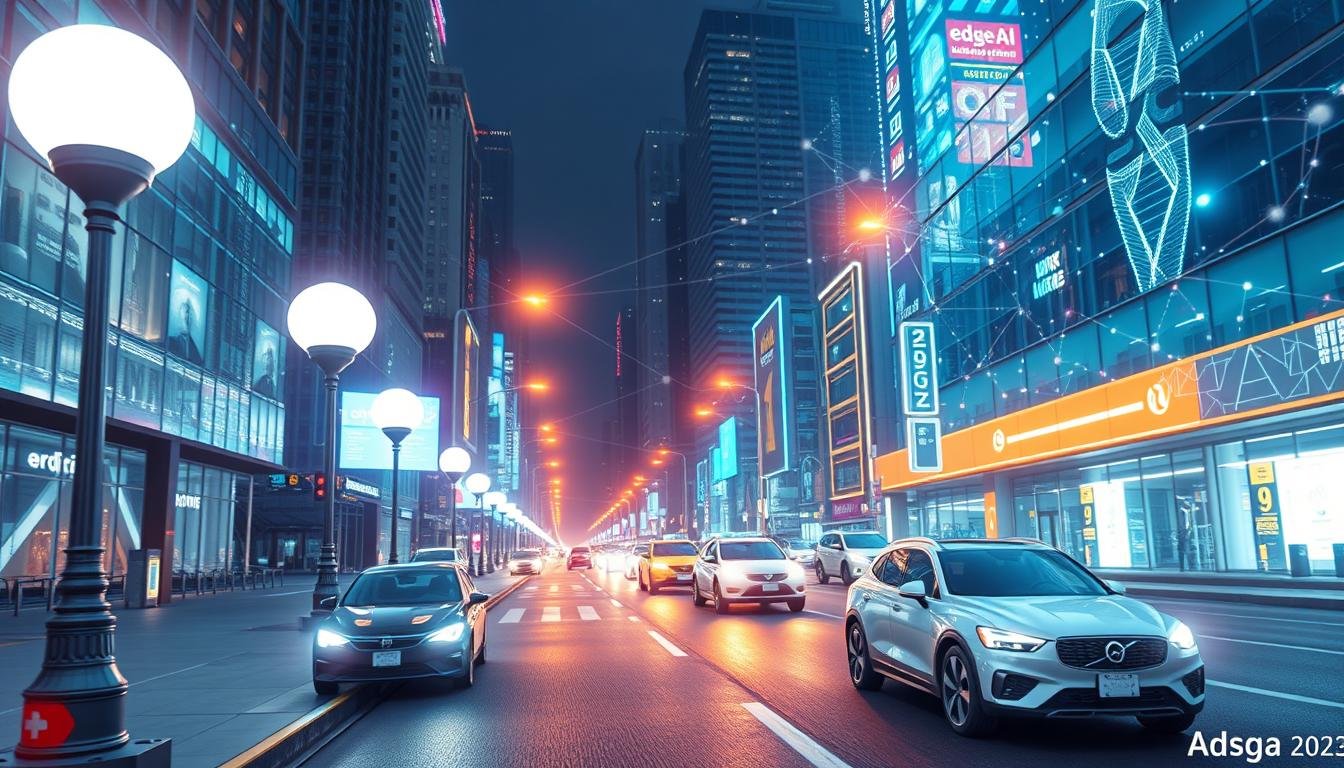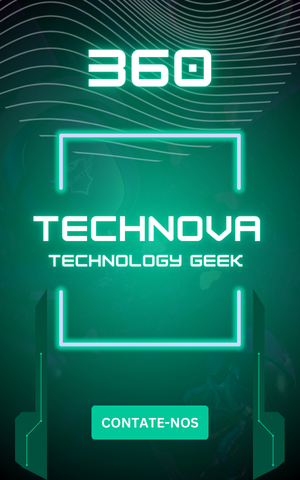Artificial intelligence (AI) has changed our daily lives a lot. It’s making technology a big part of our routines. Now, we have virtual assistants and smart homes that make our lives easier and more comfortable. As AI gets better, we’ll see even more amazing changes in how we live and work.
This article looks at how AI affects our daily lives. We’ll see how it’s used in things like virtual assistants, smart homes, healthcare, and more. We’ll also talk about new trends and what the future holds for AI in our lives.
Key Takeaways
- AI has become a big part of our daily lives, changing how we use technology.
- Virtual assistants like Siri, Alexa, and Google Assistant are changing how we get information and do tasks.
- Smart home automation is making our homes more efficient, comfortable, and safe.
- AI is changing healthcare by improving diagnosis, treatment, and drug development.
- Self-driving cars are going to change the transportation industry, making it safer and more convenient.
- AI is helping a lot with cybersecurity, keeping our digital lives safe from threats.
- The future of AI looks bright, with even more amazing changes coming to our everyday lives.
AI-Powered Virtual Assistants
Virtual assistants like Siri, Alexa, and Google Assistant are changing how we use technology. They use voice recognition and natural language processing to understand and act on our commands. This makes our daily tasks easier and boosts our productivity.
Siri, Alexa, and Google Assistant: Intelligent Companions
Siri, from Apple, is a leading virtual assistant. It can understand natural language and help with many tasks, like setting reminders and finding information. Amazon’s Alexa and Google’s Google Assistant also offer personalized experiences and work well with smart home devices.
Harnessing the Power of Voice Recognition and Natural Language Processing
The success of these assistants comes from voice recognition and natural language processing. These AI systems can accurately understand spoken commands and respond in a way that makes sense. This lets users interact with their devices in a more natural and efficient way.
As these AI assistants get better, they will become even more important in our lives. They will make tasks easier, improve productivity, and work well with smart devices in our homes.
Smart Home Automation
AI technology is changing our homes into smart, automated places. This AI smart home revolution brings us convenience, energy savings, and better security. It’s making our living spaces smarter and more efficient.
AI-powered home automation systems connect devices for a smart home. They let us control things like temperature, lights, and security with ease. We can manage our homes with just a few taps or voice commands.
One big plus of AI smart home systems is saving energy. They learn our habits and adjust settings to use less. This saves money and helps the planet.
Also, home automation with AI boosts our home security. It gives us alerts and insights in real-time. Smart cameras and sensors keep an eye on things, and locks and alarms protect our homes, even when we’re not there.
As AI smart home tech gets better, we’ll see even more cool features. From voice assistants to predictive maintenance, the future of home automation looks bright. It’s set to make our lives easier and more connected.
AI in Healthcare
The healthcare industry is changing fast with AI. It’s making patient care better by speeding up diagnosis and finding new treatments. AI in healthcare is shaping the future of medicine.
Diagnosis and Treatment
AI is making medical diagnosis more accurate and quick. It looks at lots of patient data, like medical images and lab results. This helps doctors find diseases early and treat them better.
Drug Discovery and Development
The drug-making world is also getting a boost from AI. AI can quickly search through chemicals to find new drugs. This makes finding and testing drugs faster and cheaper.
“AI is not just a technology, but a powerful tool that can revolutionize healthcare and improve patient outcomes.” – Dr. Emily Sharma, Chief Medical Officer at HealthTech Solutions
AI in healthcare is growing fast. We’ll see more amazing things soon. Like treatments just for you and predicting health problems before they start.
AI in Transportation
The transportation sector is changing fast, thanks to AI. AI-powered self-driving cars are set to change how we travel. These cars use smart algorithms and sensors to drive, detect obstacles, and make decisions on the fly. They promise safer, more efficient, and convenient travel.
Self-Driving Cars: The Future of Mobility
Self-driving cars are leading the AI revolution in transport. They use complex machine learning to see their surroundings, understand traffic, and make quick decisions. AI is making travel smarter, safer, and more convenient.
| Feature | Benefit |
|---|---|
| Autonomous Navigation | Improved road safety, reduced traffic congestion, and more efficient transportation |
| Predictive Routing | Optimized travel times and reduced fuel consumption |
| Sensor Fusion | Enhanced detection of pedestrians, cyclists, and other vehicles, minimizing the risk of accidents |
As self-driving cars get better, they could change transport a lot. They could make roads safer, change city planning, and make travel better for everyone. AI in transport is promising a future where moving around is safer, more efficient, and greener.
AI and Cybersecurity
In today’s digital world, AI in cybersecurity is more important than ever. AI systems are changing how we fight cyber threats. They offer better security and protection than ever before.
AI security is making a big difference in AI threat detection. AI algorithms can look at lots of data, find patterns, and spot anomalies. This helps catch threats early, keeping organizations safe from data breaches and cyber-attacks.
AI fraud detection is also key in modern cybersecurity. AI systems check transactions and user behavior to find suspicious activities. This helps prevent financial fraud and protects assets.
- Enhancing Threat Detection: AI systems look at lots of data to find patterns and anomalies. This helps detect cyber threats early.
- Automating Security Processes: AI can do security tasks like scanning for vulnerabilities and managing patches. This makes things more efficient and reduces mistakes.
- Personalizing Security: AI can adjust security based on how each user behaves. This makes protection more effective and reduces the chance of attacks.
As the world gets more connected and threats grow, AI in cybersecurity will keep playing a key role. By using AI, organizations can stay ahead of cybercriminals. This ensures the safety and resilience of their systems and data.
AI in Education
Technology is changing many parts of our lives, including education. Artificial Intelligence (AI) is making big changes in schools. It’s creating personalized learning and adaptive systems for each student.
Personalized Learning
AI helps make learning fit each student’s needs. It uses smart algorithms to understand how well students are doing. Then, it changes the learning materials to help them grow.
Adaptive Learning Platforms
AI-powered learning platforms are changing education. They use data to see how students are doing and adjust the learning. This makes learning fun and helps students learn more.
| Feature | Benefit |
|---|---|
| Personalized Content Delivery | Tailored to individual student needs and learning styles |
| Real-time Performance Tracking | Identifies strengths, weaknesses, and areas for improvement |
| Adaptive Feedback and Guidance | Provides personalized support and learning pathways |
| Intelligent Tutoring Systems | Offers one-on-one, human-like tutoring experiences |
AI is changing education in big ways. It helps students learn better and makes schools more personal and flexible.
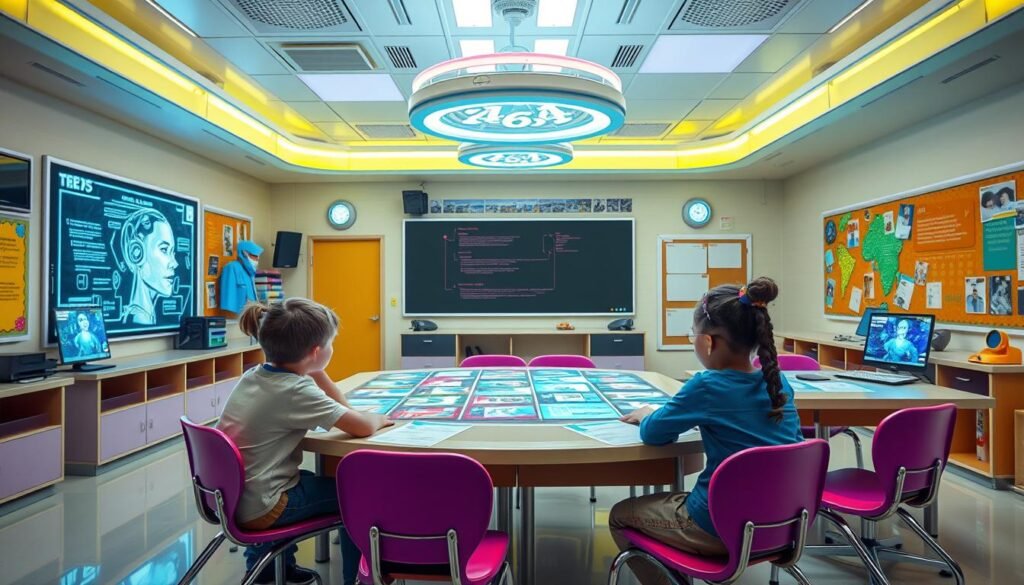
“AI in education is not about replacing teachers, but about empowering them to better serve their students.”
AI and Creativity
The mix of AI and creativity is both fascinating and fast-changing. AI systems are getting better at helping humans be more creative. This is seen in AI-made art and music, showing how AI can change creative work.
AI art is one of the most interesting uses of AI in creativity. AI can look at lots of art and make new pieces that look like famous artists’ work. This new art makes us think about what it means to be creative.
AI is also changing music. It can make new songs by learning from old ones. Some of these songs are even played on the radio and loved by many people. This shows how AI can be creative like humans.
As AI gets better, we’ll see more cool uses in the arts. There are still questions about the right use of AI in creativity. But the chance for AI to help humans be more creative is very exciting.
| AI-Generated Art | AI-Composed Music |
|---|---|
| Algorithms can analyze existing art and create new pieces in the style of famous artists | AI systems can analyze musical patterns and structures to generate entirely new compositions |
| Challenges traditional notions of artistic authorship and originality | Some AI-composed music has been played on radio and streamed by millions |
| Raises questions about the emotional depth and personal touch of AI-generated art | Blurs the lines between human and machine-generated creativity |
AI’s role in creativity is getting more exciting. There are still things to think about, but the mix of AI in creativity, AI-generated art, and AI-composed music is growing fast. It’s changing how we think about creative work.
Ethical Considerations of AI
Artificial intelligence (AI) is now a big part of our lives. The ethics of using AI widely is being closely watched. AI ethics is key to making sure AI is developed and used right.
One big worry is transparency and accountability in AI. The complex algorithms in AI systems are hard to get. This makes it tough to see how decisions are made. It’s hard to know if AI is fair and unbiased, especially in jobs, loans, and justice.
Another big issue is AI and biases. If AI is trained on biased data, it can make things worse. It can discriminate based on race, gender, or money. We need to make sure AI is transparent and accountable to fix this.
The societal impact of AI is also a big worry. AI could replace human jobs, causing job losses and economic problems. We need to find ways to use AI that helps everyone, not just a few.
Dealing with AI’s ethics needs a team effort. We need tech experts, policymakers, ethicists, and the public working together. By setting ethical AI rules, we can make sure AI is good for all of us.
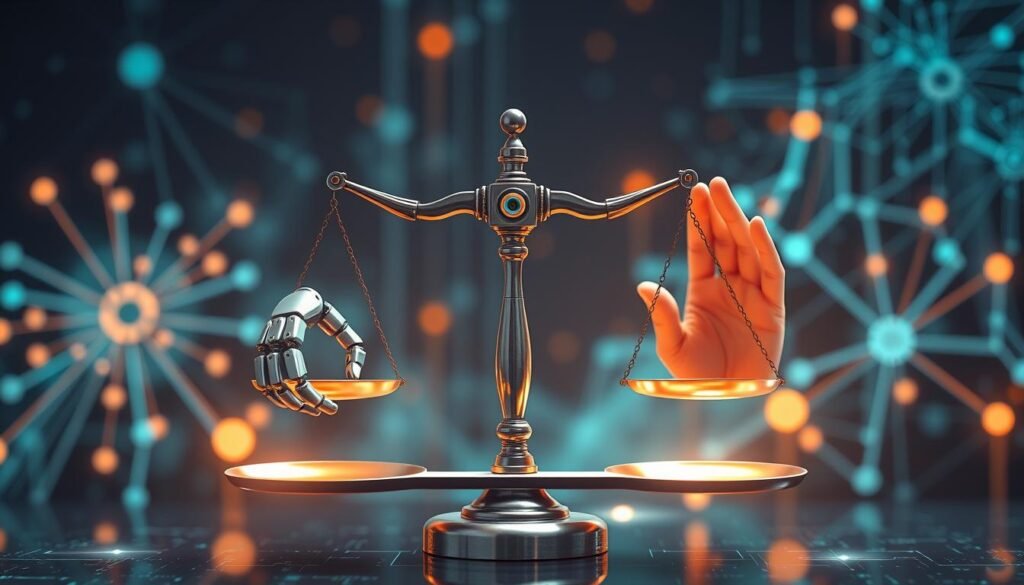
As we use more AI in our lives, we must focus on AI ethics. We need to make sure AI is made and used for the good of all people.
Future Trends in AI
The future of AI is exciting, with new trends and breakthroughs on the horizon. These will change how we live and work. Advances in natural language processing and computer vision are just the beginning.
AI is getting smarter and will soon work with other advanced technologies. This includes quantum computing, nanotechnology, and biotechnology. Together, they will bring about huge changes in fields like medicine, energy, and infrastructure.
AI is also getting better at talking to us. Virtual assistants will soon understand us better, making our interactions with machines more natural. This will lead to smarter and more personalized services.
AI will soon be able to learn and improve on its own. This means it will solve complex problems faster and more accurately. It’s a big step forward for AI.
AI will change many industries, from healthcare to education. The next few years will see big changes in how we live and work. It’s a new era of technology and progress.
| AI Trend | Description |
|---|---|
| Integrated AI | The convergence of AI with other cutting-edge technologies, unlocking new possibilities |
| Conversational AI | Advancements in natural language processing and computer vision for more intuitive human-machine interaction |
| Autonomous Learning | The emergence of self-learning and self-improving AI algorithms, driving rapid advancements |
Conclusion
AI is changing how we live, work, and play. It’s making our lives easier with smart tech like Siri and Alexa. It’s also improving healthcare and making cars drive themselves.
But, we must think about the ethics of AI. We need to make sure it’s used responsibly. This means protecting our privacy and jobs, so everyone benefits from AI.
The future of AI looks bright, with new areas like creativity and education. We should learn about AI and talk about its impact. This way, AI can make our lives better, not worse. By staying informed, we can create a future where humans and tech work together well.
